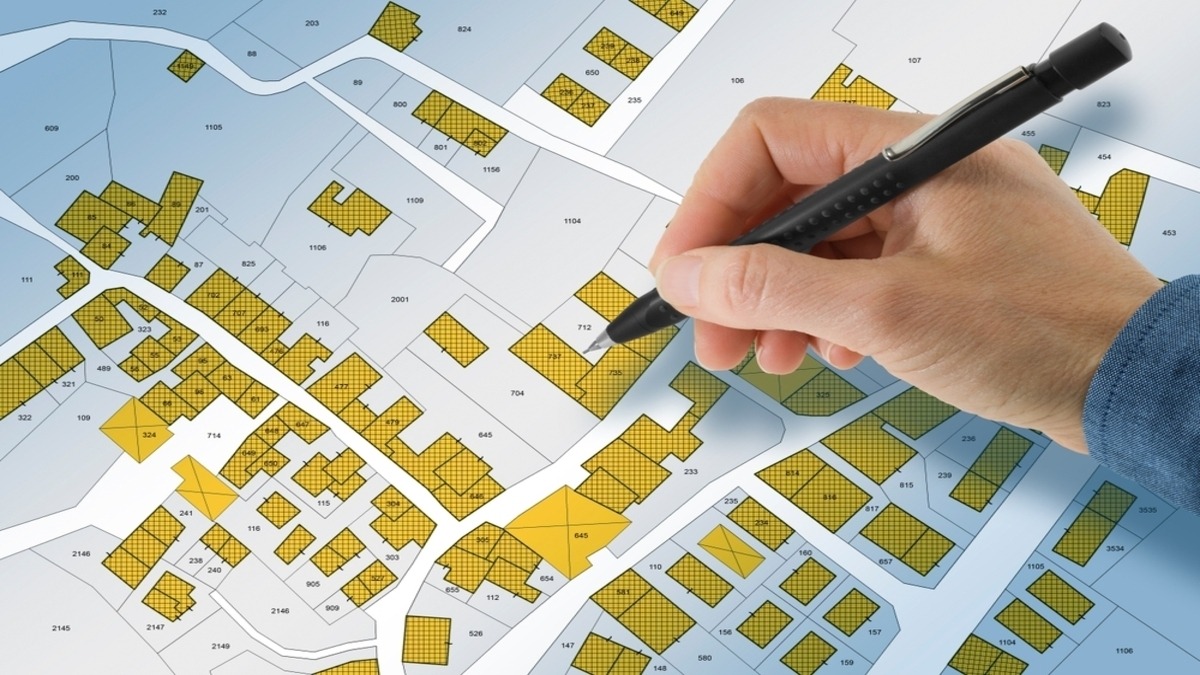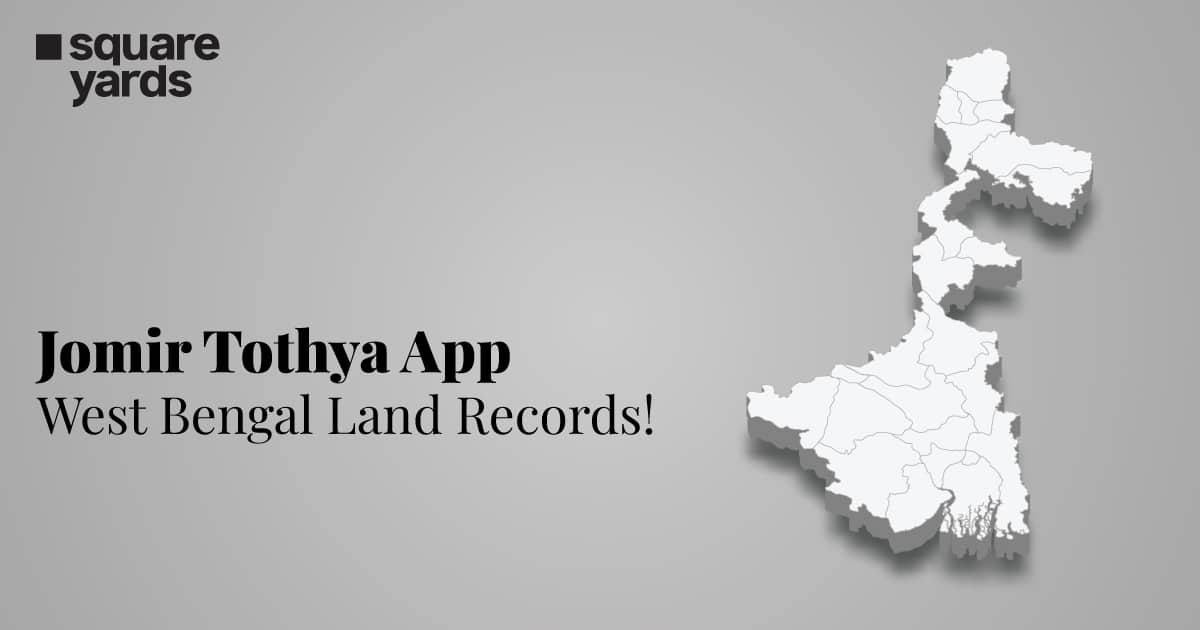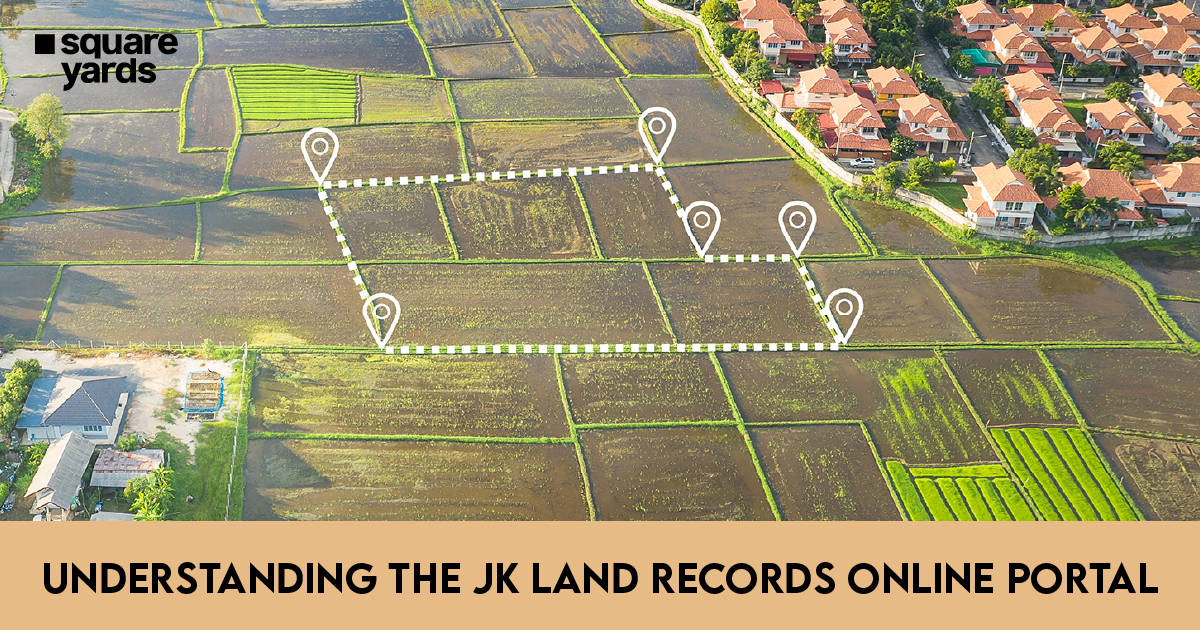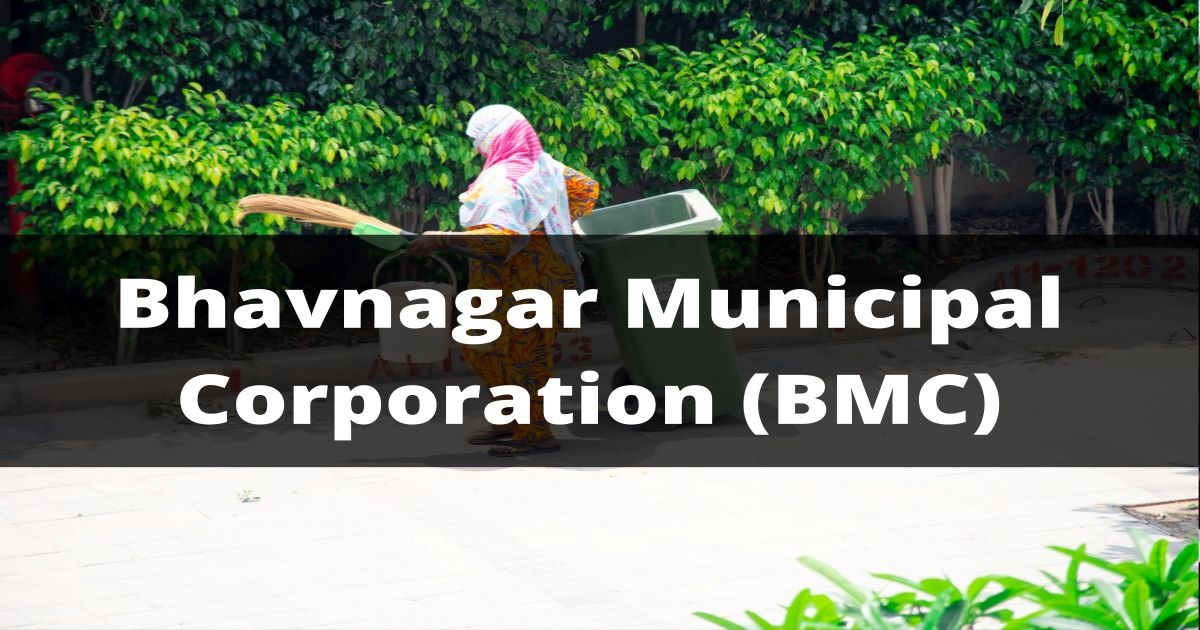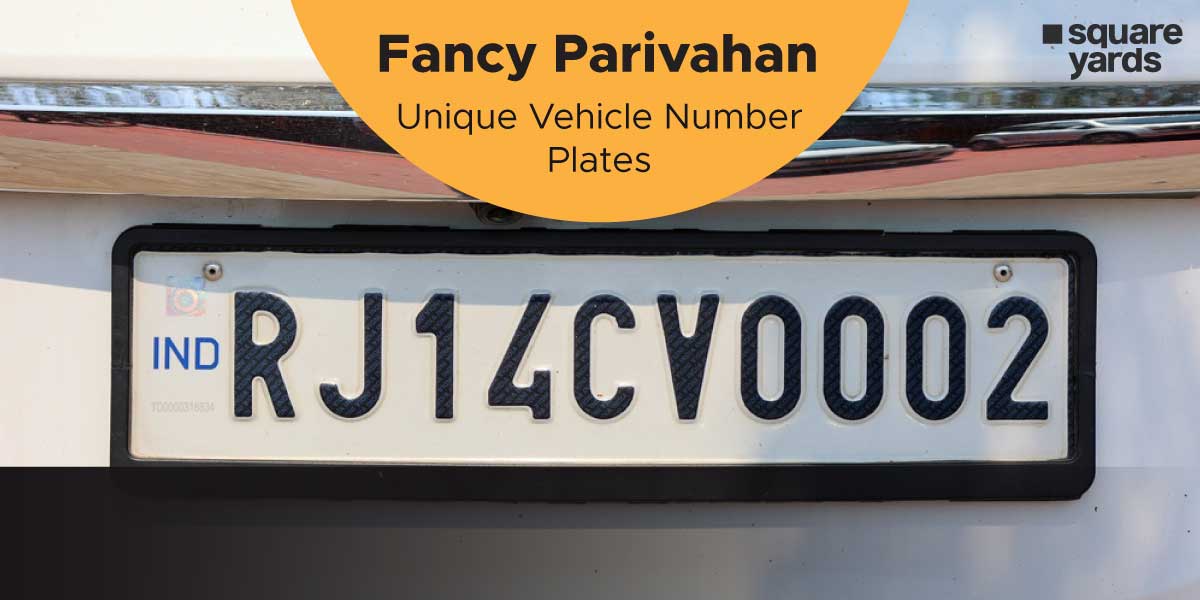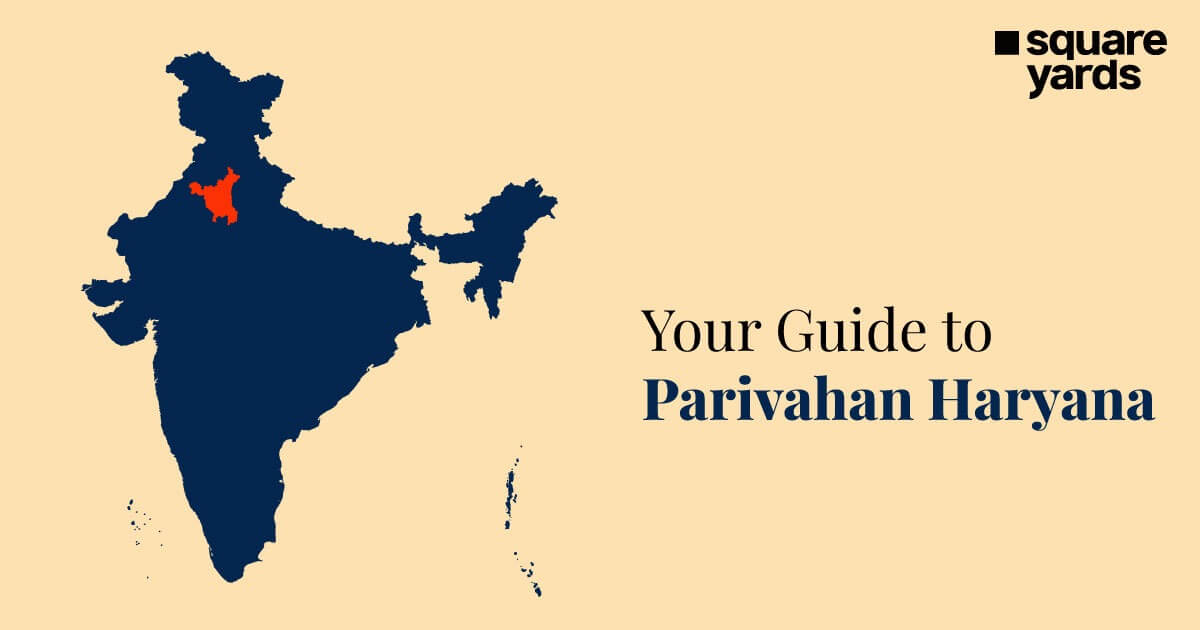The Delhi Urban Shelter Improvement Board was established in July 2010 to improve the slum and JJ dwellers’ standard of living in the country’s capital city, Delhi. Its functioning is guided by the jurisdiction of the DUSIB Act, which entitles it to label specific regions as slums based on the civic service’s availability. The board is also responsible for the arrangement of squatters by providing them with amenities and rehabilitation.
Table of contents
- History of Delhi Urban Shelter Improvement Board
- Working of Delhi DUSIB
- Core Activities of the Delhi Urban Shelter Improvement Board (DUSIB)
- Beneficiaries for Rehabilitation Under DUSIB
- Delhi Urban Shelter Improvement Board Conditions and Eligibility Criteria
- Allotment of Flats under DUSIB
- FAQ’s About DUSIB:-
History of Delhi Urban Shelter Improvement Board
The Delhi Urban Shelter Improvement Board Act was established by the Legislative Assembly of the National Capital Territory of Delhi on April 1 2010 and came into force on July 1 2010 when instructions were given by the Lt. Governor of Delhi.
The JJ and Slum Department, which was a part of the MCD is now a part of this Board. This department was earlier operated in accordance with the Slum Improvement and Clearance Areas Act, 1956.
Working of Delhi DUSIB
The Delhi Urban Shelter Improvement Board has the authority to describe any particular area as a slum; the power has been granted by the Slum Improvement and Clearance Areas Act of 1956. DUSIB is governed by a board whose members are from MCD, DDA, New Delhi Municipal Corporation (NDMC), and the Delhi Jal Board. Additionally, numerous nominated members are from sectors like finance, power, administration, and engineering.
Section 3 of the Act defines those areas that are considered unsuitable for the habitation of humans are obligated to be declared as slum areas. These areas are termed as legal constructions and qualify to avail the benefits of the act. But, jhuggi jhopri (JJ) squatters or cluster accommodations are seen as trespassing on private and public lands and are hence considered to be illegal. As per the new rules, any encroachment on public property will not be allowed. Also, the already existing encroachments till 31 January 1990, cannot be eradicated without offering alternatives.
Core Activities of the Delhi Urban Shelter Improvement Board (DUSIB)
- Rendering civic amenities through the Environmental Improvement in Urban Slums scheme to the JJCs.
- Offering community services through the Basti Vikas Kendras.
- Development in the resettlement colonies.
- Enhancement of private katras or buildings.
- Management and operation of the night shelters.
- In-situ refinement of JJCs.
- Relocating JJCs and constructing EWS flats under JNNURM (also known as rehabilitation).
Beneficiaries for Rehabilitation Under DUSIB
- The JJ residents who have their ration cards are meeting the deadline of 31 January 1990, and are residing on the land that is needed by the agencies who own the land to execute the public projects. The dwellers who fall past the deadline of 1990 but meet the December 1998 guidelines and possess ration cards are given a plot of 12.5 square metres.
- For the settlement cases where the agencies that own the land do not need the land for the immediate future and provide a NOC, in-situ amelioration of the slum clusters.
- For settlements that do not fall under any of the above-mentioned categories, civic amenities are arranged by the board.
Delhi Urban Shelter Improvement Board Conditions and Eligibility Criteria
The applicants must be able to comply with the following conditions:–
- The beneficiary must be an Indian citizen and must be 18 years of age.
- The JJ dweller family’s monthly income must not be more than ₹60,000 annually.
- The joint biometric survey, which is conducted by Delhi Urban Shelter Improvement Board and the land-owning agency, must have the name of the JJ dweller.
- The JJ residents will only be allotted a single residential flat, no matter the number of jhuggis they occupy. If the jhuggi is being utilised for a commercial purpose, then a flat will not be allotted to the dweller.
- If the jhuggi is being used for both commercial and residential purposes, then one residential flat will be allotted.
- For a multi-storeyed jhuggi which is being used for residential purposes by single or multiple individuals, the allotment of the flat will be provided to the residents of the ground floor.
- In the case where a JJ dweller dies after the survey, but her/his legal heirs own the jhuggi and the necessary documents and are also able to meet the remaining eligibility criteria, then her/his widower/widow can be taken into consideration for the allotment of the flat.
- The allotment of the flat will be done on a licence basis for 15 years by the DUSIB, which can be expanded. The licence is non-transferable except in the event of the licensee’s death. They cannot rent the flat and get away with the ownership of it.
- The flat should only be used for the purpose of residence by the licensee.
- DUSIB is in a position to cancel the flat’s allotment and take ownership if the specified terms and conditions are violated by the allottee without offering compensation.
- If the flat was procured by fraud, misrepresentation, presenting fake documents, repression of facts, etc., then the allotment will be cancelled and any compensation will not be given. This will be executed without any prejudice to any criminal activity that might be called for.
Allotment of Flats under DUSIB
The flats will be allotted to the eligible JJ dwellers by the DUSIB through a computerised lottery system. In any case, if the JJ dweller is not able to claim the flat and take physical possession of the flat, which was allotted to him within 30 days, then the allotment will be cancelled under the assumption that the allottee does not need the flat.
You May Like Also:-
FAQ’s About DUSIB:-
What is the work of DUSIB?
The primary responsibility of DUSIB is to improve the quality of life of JJ dwellers and slums in the capital city, Delhi. The population of this area is 1.40 crores.
Who is the Minister of Delhi Urban Shelter Improvement Board?
The chairperson of DUSIB is the honourable Chief Minister of Delhi, Arvind Kejriwal.
What is the DUSIB Act?
The Delhi Urban Shelter Improvement Board Act empowers the board to categorise special regions as slums, where the buildings have become dilapidated and the common civic services are absent.








